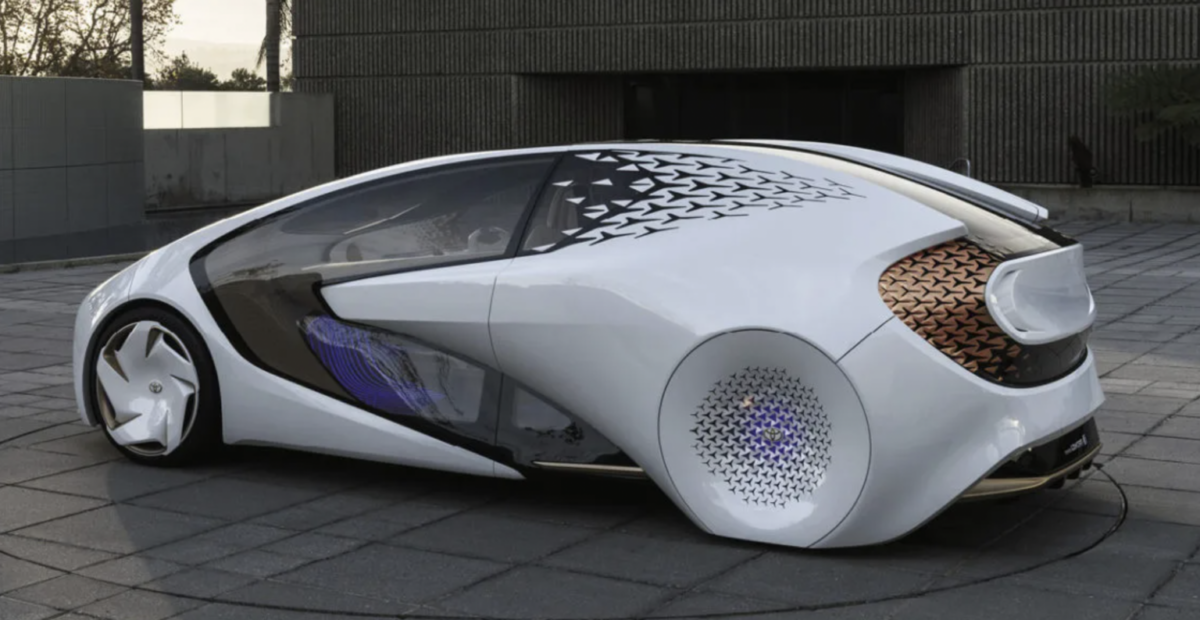From ESS News
While lithium-ion batteries continue to improve in terms of both performance and cost, interest in solid-state batteries, which promise better energy density and safety, has not waned.
Geographically, solid state battery innovation is concentrated in a limited number of countries. According to Taipei-based intelligence provider TrendForce, China and South Korea were tailgating in commercialization behind Japan’s subsidy of over $660 million for all-solid-state batteries in 2024.
In the 2024 Battery Industry Strategy, Japan set a target of commercializing all-solid-state batteries (ASSB) by around 2030. By the end of last year, the Ministry of Economy, Trade and Industry (METI) approved a total of four major R&D projects on ASSB materials and production, including that of Toyota, Idemitsu, Mitsui Kinzoku, and TK Works.
Japan, once the forerunner in lithium-ion battery development, now hopes to regain its market dominance in the field of next-gen battery tech. According to TrendForce, Japan once accounted for more than 90% of the global lithium-ion market share. By 2015, this figure shrank to 50% and plummeted to less than 6% today as a consequence of the rapid expansion of Chinese and South Korean counterparts.
Today, Japan possesses the most ASSB-related patents in the world and has been steadily establishing a supply chain over recent years in the hope of realizing mass production. Car makers have been leading the charge with Toyota Motors claiming more than 1,000 solid-state battery patents and readying to mass-produce solid-state batteries by 2027 or 2028. Nissan and Honda have previously revealed plans to establish solid-state battery manufacturing lines in-house.
In the meantime, China, South Korea, Europe, and the US have also been engaged in active development of this new technology leading to expectations that the global production volumes could reach GWh levels by 2027.
To continue reading, please visit our ESS News website.
This content is protected by copyright and may not be reused. If you want to cooperate with us and would like to reuse some of our content, please contact: editors@pv-magazine.com.









By submitting this form you agree to pv magazine using your data for the purposes of publishing your comment.
Your personal data will only be disclosed or otherwise transmitted to third parties for the purposes of spam filtering or if this is necessary for technical maintenance of the website. Any other transfer to third parties will not take place unless this is justified on the basis of applicable data protection regulations or if pv magazine is legally obliged to do so.
You may revoke this consent at any time with effect for the future, in which case your personal data will be deleted immediately. Otherwise, your data will be deleted if pv magazine has processed your request or the purpose of data storage is fulfilled.
Further information on data privacy can be found in our Data Protection Policy.